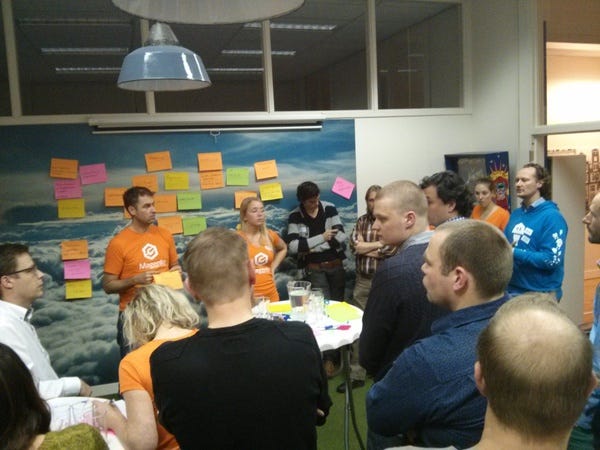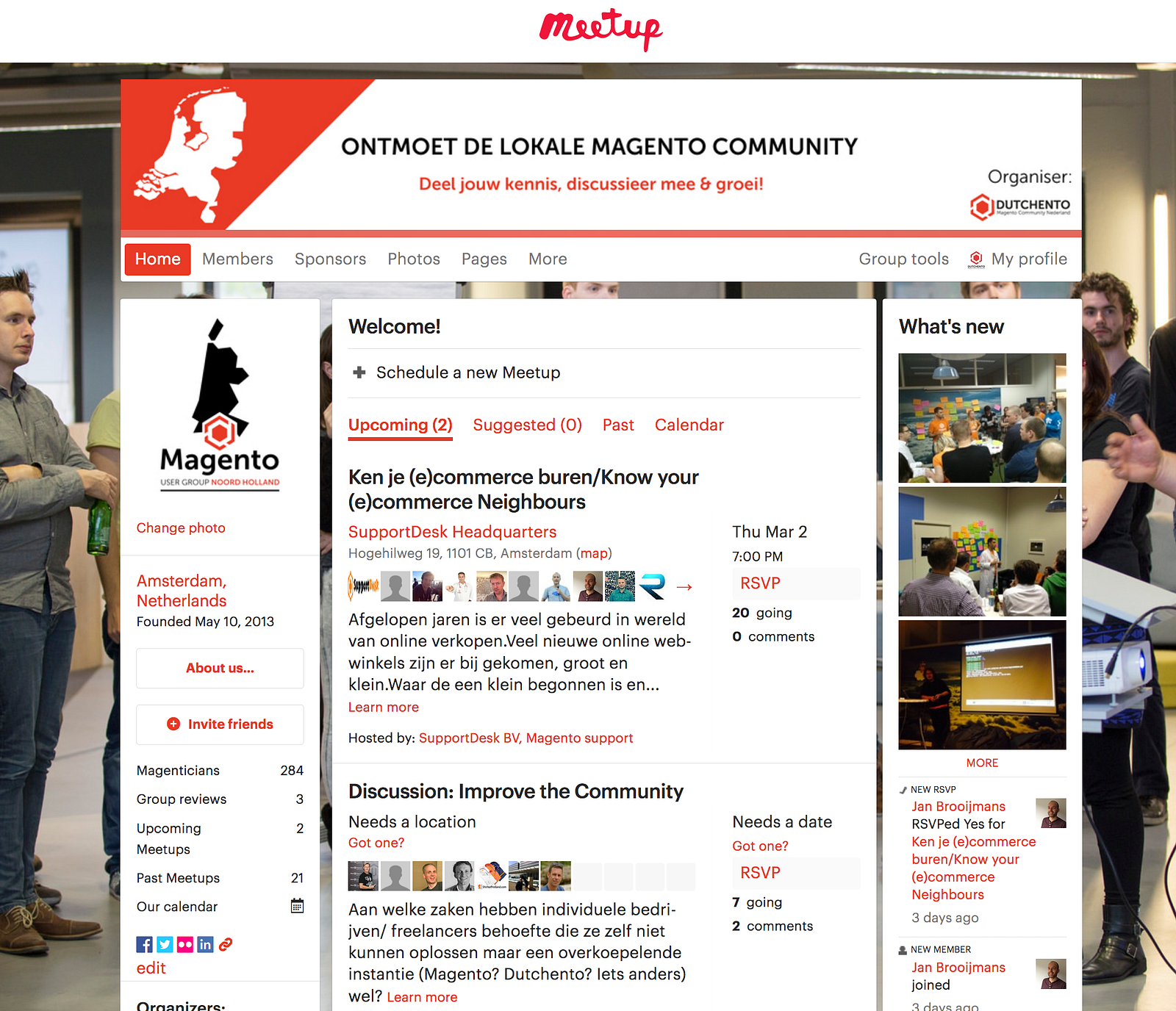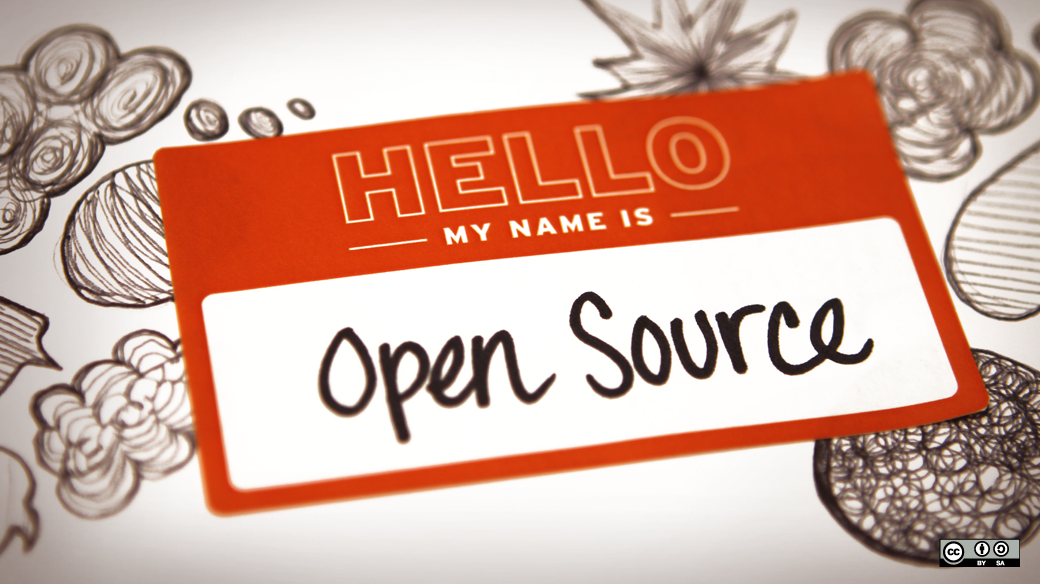.webp)

In The Netherlands we have had MUGs (local Magento User Groups) for a couple of years now. The first one was started in Amsterdam by Ray Bogman in May 2013 and many other cities accross the country have followed since.
In most cases, it was a company or one or two Magento enthusiasts wanting to get to know the local community, share knowledge and have some fun together. And this worked out pretty well: over 750 people have signed up for at least one of these meetup groups and 57 meetups were organized!
What a great Magento community we have here in The Netherlands!

But of course, we won’t stop there ;)
Currently there is not much coordination going on between the groups, it’s hard to start for new groups (or at least could be much easier) and having only 1 company organizing the group creates the risk of the group falling silent if the company is no longer interested (or is too busy with Magento 2 implementations to organize meetups).
So in order to coordinate this in a better way and guarantee continuity, Dutchento (the national Magento community organization) will now start coordinating this. Since today, all local meetup groups have transfered the local groups to Dutchento so we are able to take on this task.

Initially, some of the groups aimed at a city and others aimed at provinces (we have). And Dutchento itself usually operates at a national level. For the meetup grousp, we decided to go for groups on a province level:
1) for a simple meetup, users don’t want to travel half the country (even in tiny The Netherlands). Makes no sense to spam someone in the north with meetups in the south and vice versa if they’re never oing to travel there anyway.2) There are many many cities and within half an hour you can reach many. So you’d have to subscribe to a dozen groups if we would do this on a city level and this also means a lot of overhead management and coordination overload
So province level it is :)

Next step was to visually align all groups with the same branding style we have for Dutchento, but still have a local avatar for each group:

…and also the pages itself now all have the same recognizable look:

To align all organizers we created some guidelines with them, based on their experience over the past few years. We’ve published this on Github so everyone can see and contribute to them: https://github.com/Dutchento/organization-mug-guidelines (in English).
Together with the local organizers and our marketing team we have now started working on our plan to grow these groups even more with help of our existing nation-wide userbase. We’ve started gathering lists of people who (want to) speak at local meetups to facilitate the sharing of topics and speakers and also use the local meetups to build up towards our main Meet Magento event in May.

How are you organizing you local community? Any thoughts on the above? Let me know in the comments!
Most of my content is published on LinkedIn, so make sure to follow me there!


Recently I've seen some (often absolute) statements going around, generally in the line of "open source commerce platforms are a terrible idea". Now of course different solutions always have different pros and cons.

A hierarchy of evidence (or levels of evidence) is a heuristic used to rank the relative strength of results obtained from scientific research. I've created a version of this chart/pyramid applied to CRO which you can see below. It contains the options we have as optimizers and tools and methods we often use to gather data.